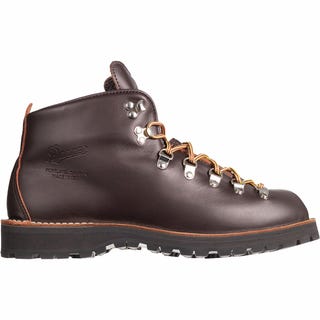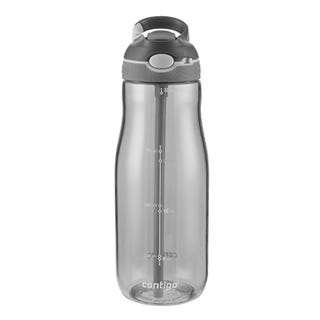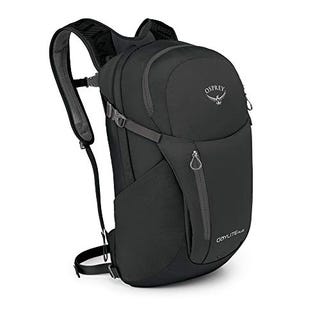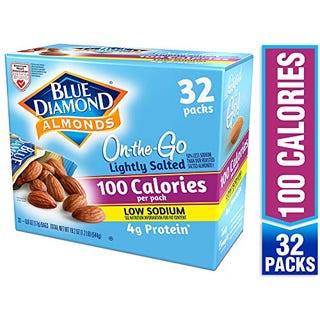This Is How Many Calories You Can Burn While Hiking
Not all workouts have to take place in the gym. In fact, hitting the trail for a hike can be a great way to burn calories and get some fresh air. What’s more, most people can adopt hiking to suit their fitness levels, says Marcus Shapiro, a Certified Strength and Conditioning Specialist and owner of Fit for Trips.
“I think what makes hiking a good workout is that you’re utilizing a walking motion that most people are confident in doing anyway,” Shapiro tells Men’s Health.
Although it may not seem as strenuous as sprinting on the treadmill, Shapiro estimates an average 175-pound man can burn roughly 450 calories per hour while hiking a fairly flat terrain. Of course, the exact number of calories burned depends on a variety of factors including, body weight, backpack weight, type of hike, and walking pace, says Shapiro.
Here’s what you should know about each:
Body weight
The amount of calories you burn performing any physical activity depends on your body weight. Guys who weigh more will burn a higher number of calories while exercising, according to the Centers for Disease Control and Prevention (CDC). According to their estimates, a 154-pound person burns about 370 calories on a one-hour hike, depending on the terrain and walking speed. Walking faster will increase your heart rate, which will also impact calorie burn.
Terrain
Uphill hikes obviously feel more strenuous compared to walking on flat terrain, and all that extra effort pays off in an increase in calorie burn. In fact, you exert roughly 28 percent more energy walking on uneven ground compared to flat surfaces, according to a November 2013 study published in the Journal of Experimental Biology.

Men’s Health
Hearst Magazines
SHOP NOW
Backpack weight
“Increasing pack weight is a good way to increase calorie burn, but there’s also risk involved,” says Shapiro. “You want to be sure that you’re mindful of if you’re feeling pain in hips and knees.”
He recommends starting with 10 pounds and going up to 25 percent of your body weight at the maximum.
Before heading on any hike, you’ll want to research the trail and be sure to take plenty of water, Shapiro suggests.
“Conventional wisdom is that a hiker will consume one liter of water every two hours,” he explains.
Shapiro also recommends packing a snack that contains electrolytes, like almonds, and sugar.
“The electrolytes and sugar ensure the hiker has a better chance of producing the energy necessary to complete the hike. More energy also means the hiker can increase their pace easier, climb stronger, and hike longer,” he says.
Hiking List




Source: Read Full Article
